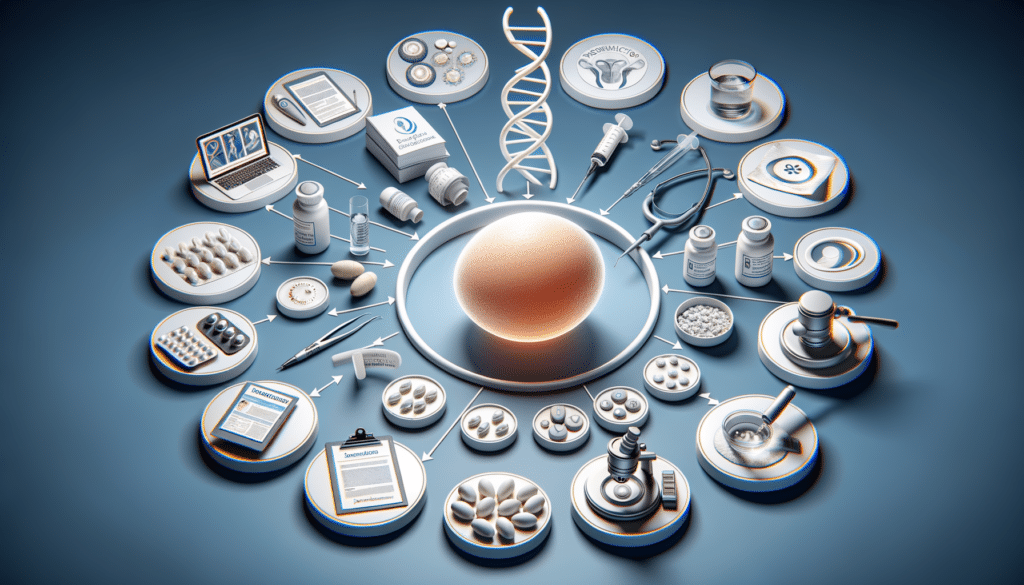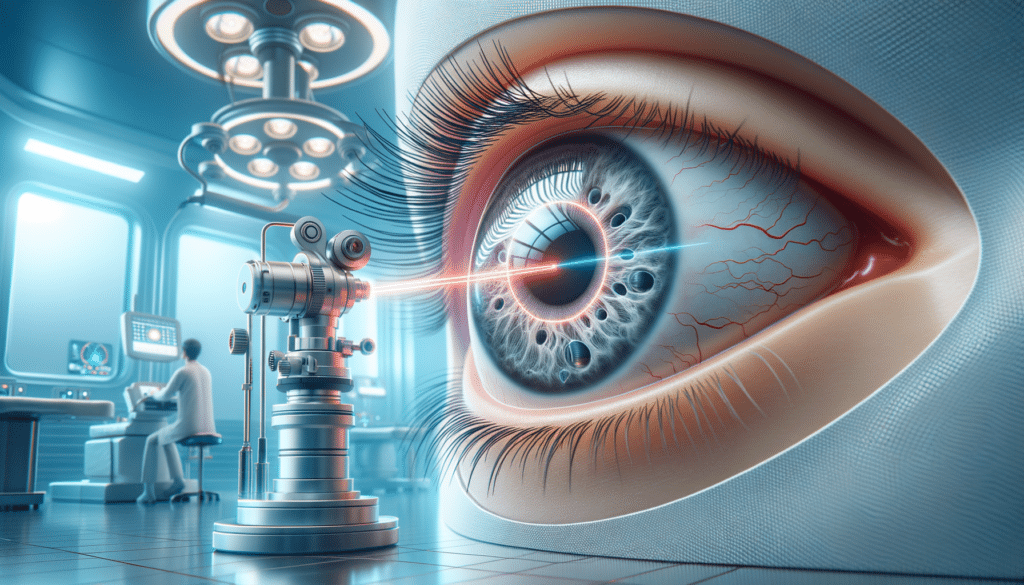Introduction to Egg Donation
Egg donation is a crucial component of assisted reproductive technology, providing an opportunity for individuals and couples who face challenges in conceiving naturally. This process involves a woman, known as the donor, providing her eggs to help another achieve pregnancy. Egg donation is significant not only for its role in expanding family-building options but also for its contribution to scientific research and fertility preservation. Understanding the intricacies of the egg donation process and the requirements for donors is essential for anyone considering this generous and impactful decision.
The Egg Donation Process: A Step-by-Step Guide
The egg donation process is a meticulous journey that requires careful coordination between the donor, recipient, and medical professionals. It begins with the initial screening and selection of potential donors. This phase involves comprehensive medical and psychological evaluations to ensure the donor’s overall health and readiness for the procedure. Once selected, the donor undergoes ovarian stimulation, where fertility medications are administered to encourage the production of multiple eggs. This step is closely monitored through regular medical appointments and ultrasounds.
After the eggs mature, the donor undergoes an egg retrieval procedure, typically performed under sedation. The retrieved eggs are then fertilized with the recipient’s partner’s sperm or donor sperm in a laboratory setting. The resulting embryos are cultivated and assessed for viability before being transferred to the recipient’s uterus or frozen for future use. Throughout the process, donors receive thorough medical support and counseling to address any concerns and ensure a positive experience.
Eligibility and Requirements for Egg Donors
Becoming an egg donor is a significant commitment that requires meeting specific eligibility criteria. Generally, donors are required to be between the ages of 21 and 35, as this age range is associated with optimal egg quality and quantity. Potential donors must also undergo a series of health screenings, including genetic testing, to rule out any hereditary conditions that could affect the recipient or potential child.
Additional requirements include a healthy lifestyle, non-smoking status, and a BMI within a certain range to minimize health risks during the donation process. Psychological evaluations are also conducted to ensure donors are mentally prepared for the responsibilities and emotional aspects of egg donation. These stringent requirements are in place to safeguard the health and well-being of both the donor and the recipient.
Legal and Ethical Considerations in Egg Donation
Egg donation is governed by a framework of legal and ethical guidelines designed to protect all parties involved. Donors are required to provide informed consent, acknowledging their understanding of the process, potential risks, and the relinquishment of parental rights to the donated eggs. Confidentiality agreements are also established to maintain privacy and anonymity between donors and recipients.
Ethical considerations involve ensuring that donors are not coerced into participating and that they receive fair compensation for their time and effort. It’s crucial for donors to be aware of their rights and to work with reputable clinics that adhere to established ethical standards. Legal contracts are often drawn up to outline the responsibilities and rights of both donors and recipients, providing a clear understanding of the process and expectations.
The Impact of Egg Donation: Stories of Hope and New Beginnings
Egg donation has a profound impact on the lives of recipients, offering them the chance to experience parenthood. Many recipients share stories of gratitude and joy, highlighting the life-changing nature of this generous act. For donors, the experience can be equally rewarding, knowing that they have contributed to the creation of a new life and the fulfillment of someone’s dream of becoming a parent.
While the journey of egg donation is complex, it is also filled with hope and possibility. The process not only supports individuals and couples in building families but also advances scientific research in reproductive health. As awareness and understanding of egg donation continue to grow, more people are empowered to make informed decisions about participating in this extraordinary journey.





